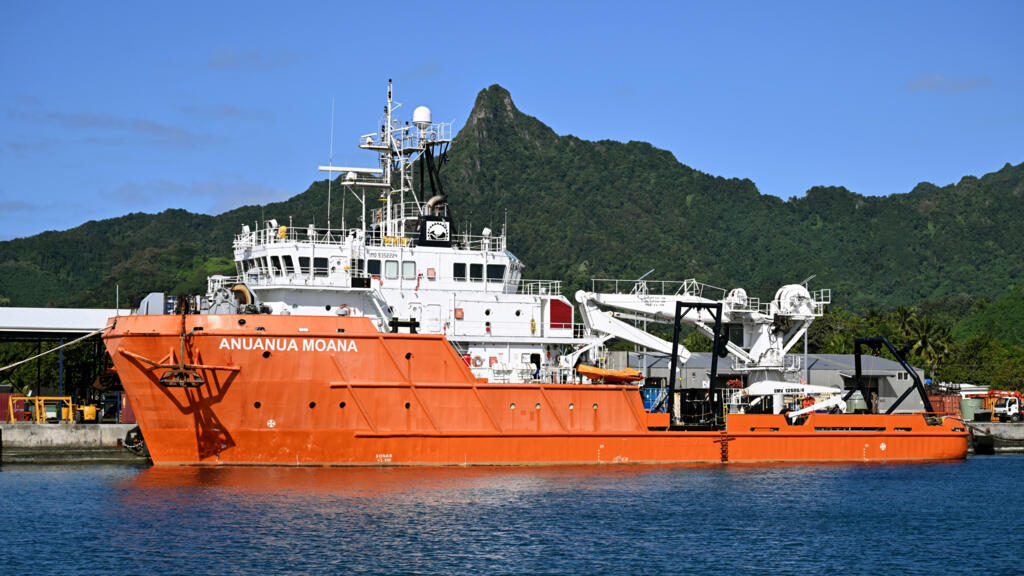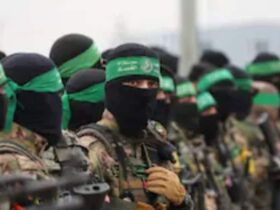Karl Schlogel recently returned to Berlin from a trip to the Ukrainian city of Lviv. The historian’s impressions of what he saw there are still fresh in his memory: in Lviv, Schlogel recalls, he experienced an air raid alarm and had to spend several hours in an air raid shelter. “They should go there and see it for themselves,” is his message to those who no longer want to hear about the war on Ukraine.
“They should see what it means for the people there, that Europe is unable to stop the daily and nightly attacks on Ukrainian cities,” he told DW.
The German historian, one of the most prominent experts on Eastern Europe, was one of the first voices to warn about Vladimir Putin’s aggressive expansionist policies.
Schlögel believes that “without an independent Ukraine, there can be no peace in Europe.”
This message, as well as his distinguished work “as an archaeologist of modernity and seismometer of social change” have earned him the Peace Prize of the German Book Trade, the jury statement said.
Schlögel was announced as the winner of the award in July; The honor sparked public discussion about whether anyone who calls for supporting Ukraine militarily should receive a peace prize. Summarizing the debate, Schlögel thoughtfully concluded that “there will inevitably be a division down the middle of Europe” over how long Europe should support Ukraine as it defends itself against Russian aggression.
A leading expert on Eastern Europe
Schlögel’s fascination with Eastern Europe began when he first visited the Soviet Union in 1966 while still in school. Two years later, he experienced the Prague Spring firsthand.
His interest in Eastern Europe never diminished. He received his doctorate based on his study of conflicts in labor organizations in the post-Stalin era of the Soviet Union. He then spent some time in both Moscow and Leningrad. In 1984, his first book was published: “Moscow Lese” (Reading Moscow) combines empirical historiography with personal experience.
This book contained the seeds of his unique writing style, which earned him the nickname of “scholar and flaneur”.
Schlögel believes that history only comes alive in the places where it happened, through encounters with people, and that historians should never rely solely on archives.
His most important books since then include: “Moscow, 1937” (2012), “Ukraine: A Nation on the Borderland” (2018), “In Space We Read Time: On the History of Civilization and Geopolitics” (2016) and, most recently, “The Soviet Century: Archeology of a Lost World” (2023).
From 1990, Schlögel held the Chair in Eastern European History at the University of Konstanz. In 1995, he joined the European University Viadrina in Frankfurt (Oder) as Professor of Eastern European History. He remained there until his retirement in 2013.
‘With Putin, you have to be prepared for anything’
Moscow, the former Soviet Union and Russia – these were the themes that defined Karl Schlögel’s work.
Shortly after Putin’s regime illegally annexed Crimea in 2014, the professor visited the country and refocused his research on Ukraine. “With Putin, you have to be prepared for anything,” he wrote then. He sees it that way even today. Schlogel sees frequent provocations such as drone flights over NATO territory as a continuation of Putin’s expansionist policy – a display of power without fear of consequences.
In his interview with DW, Schloegel avoided making any predictions about the future. He rejects the idea that Russia is doomed to authoritarian rule forever: “Things can happen at any time that we can’t predict. Things have turned out to be different from what the experts thought. Even Putin’s blitzkrieg didn’t work.”
Schlogel says the real question is: How can Russia escape the curse of empire? What will be left after the fall of the empire?
He gives the example of the US, a former empire that is experiencing a phase of uncertainty and restructuring under President Trump. Although Schloegl does not believe that this is the end of America, he says that the days when America was the leading culture and had a strong influence on the world are over.
to remain loyal to Ukrainian interests
Schlogel believes that Ukrainians should not trust Trump.
During the historian’s visit to Lviv, he was even more impressed by the tenacity of the people there, who wanted to show one thing above all else: that they would not bow to the aggressor.
In his speech at the awards ceremony, Schlögel will reiterate his support for the defense of a free and independent Ukraine. Even in times of fatigue and exhaustion caused by numerous other conflicts, he believes the world must remain loyal to the Ukrainian interest.
The Peace Prize is awarded annually by the German Publishers and Booksellers Association to a “personality who has made an outstanding contribution to the realization of the idea of peace, primarily through his activities in the fields of literature, science or the arts”. The prize, and the prize money of €25,000, will be awarded at the end of the Frankfurt Book Fair on 19 October in St. Paul’s Church.
Previous winners include American-Polish journalist and historian Anne Applebaum, British-Indian writer Salman Rushdie and Ukrainian writer Serhiy Zdan.
This article was originally written in German.






Leave a Reply